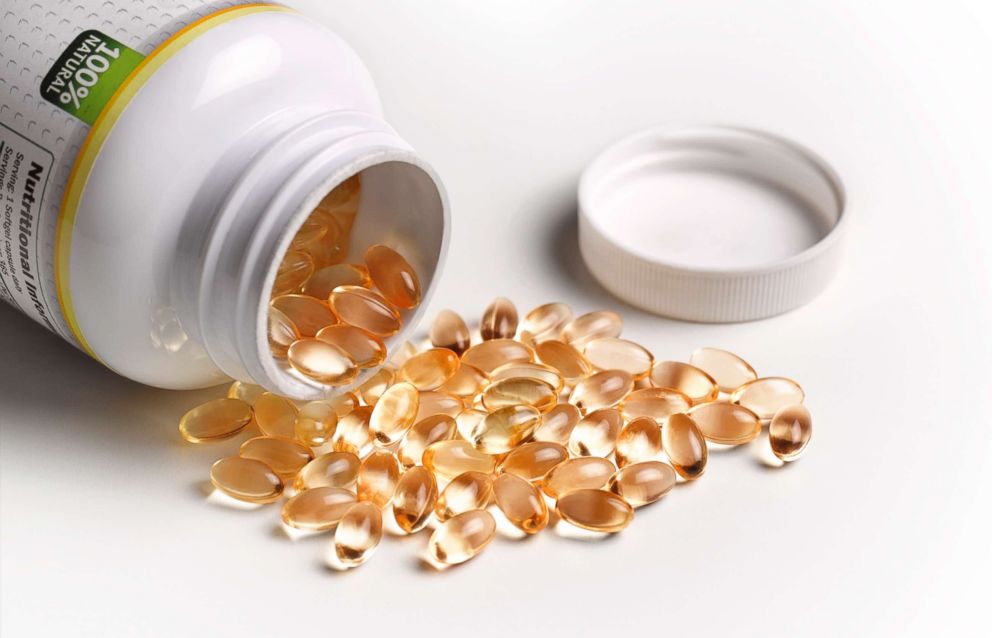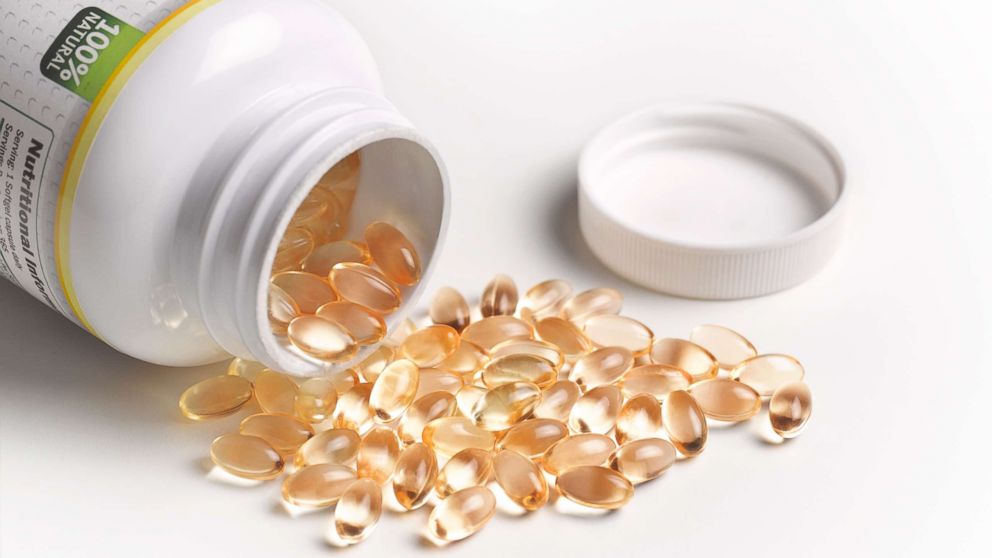Vitamin D: Good for bones, and possibly the colon
Vitamin D helps maintain bone health, but could it also help prevent cancer? Researchers think it could lower the risk of colon cancer, because of its role in pathways related to cell growth and regulation.
This large international study looked at vitamin D blood levels of 5,700 people with colon cancer and 7,100 without it in the U.S., Europe, and Asia. This new research comes from scientists from the National Cancer Institute (NCI), the American Cancer Society (ACS), the Harvard T. H. Chan School of Public Health, and 20 other medical centers around the world.
The study, published in the Journal of the National Cancer Institute, found that being deficient in vitamin D (under 30nmol/L) was associated with a 31 percent higher risk of colon cancer in both men and women, after they followed them for an average of 5.5 years.

Having “adequate” levels of vitamin D was linked with a 22 percent lower risk of colon cancer in women, but no significant difference in men. At higher blood levels, beyond 100nmol/L, there was no added benefit.
Colon cancer is the fourth most common cancer in the U.S., and represents 8.1 percent of all new cancer cases. According to the ACS, the lifetime risk of colon cancer is 1 in 22 for men, and 1 in 24 for women.
It is important to be aware that too much vitamin D can be a problem. The Food and Nutrition Board at the Institute of Medicine previously suggested avoiding levels over 125-150nmol/L, due to possible links to kidney stones, mortality, pancreatic cancer, cardiovascular events, and falls and fractures.
What is the sweet spot for vitamin D levels? Future recommendations on optimal vitamin D doses may trend higher (75-100nmol/L) for colon cancer prevention. Now the dose recommended for bone health is a bit lower (less than 50nmol/L).

Though vitamin D is created when skin is exposed to sunlight, people should not spend more time in the sun to change their colon cancer risk – because their skin cancer risk would rise. Experts recommend that the best way to up vitamin D intake is from food (egg yolks, dairy, or fatty fish like salmon, tuna, mackerel). With regards to supplements, people should talk to their doctors regarding a blood test to measure their vitamin D levels, to determine if their levels are low enough to require supplements. Other studies have found vitamin supplements aren’t as effective as vitamins from food.

There’s more work to do. This study used just a single blood sample to estimate vitamin D levels, and it’s an observational study that only lasted a few years. Since the researchers didn’t take any action, they just looked at associations, they can’t say that low levels of vitamin D “caused” colon cancer, just that they are linked somehow. In addition, some racial/ethnic subgroups were not well represented in this study.




